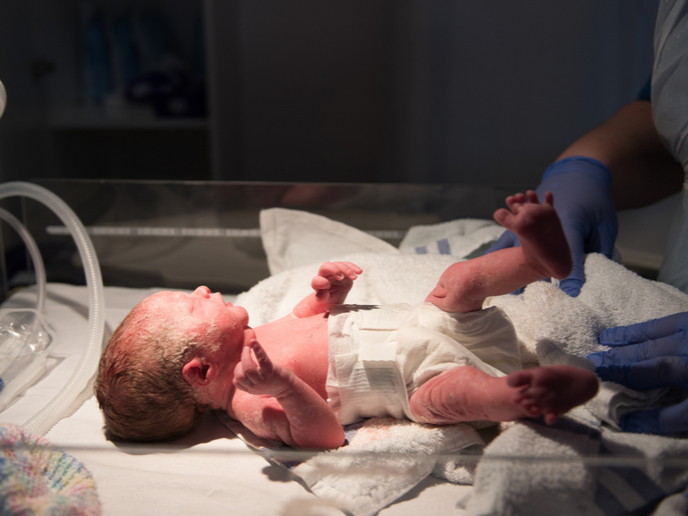Towards a better transition from child to adult mental care
Most mental disorders appear between child- and adulthood. It would therefore seem only logical to strengthen mental health services during this sensitive transition period. But the reality is quite different: This period is currently considered as the weakest link in the care pathway due to various discontinuities. New therapists or service, relocation, being seen as an adult rather than a child, or even moving into partnerships and parenthood are among the many discontinuities that young people can experience. The MILESTONE (Managing the Link and Strengthening Transition from Child to Adult Mental Health Care) project specifically focuses on the discontinuity of care taking place as a teenager reaches the ‘upper service boundary’ of their child and adolescent mental health service (CAMHS). Do those who need specialist adult services, or universal or targeted services, actually get them? Can we help clinicians overcome barriers to a smooth service transition? What are the ethical issues linked to transitional care? Is transition included in the training of mental health care professionals across Europe? These are some of the questions the project aimed to answer. “Young people attending specialist CAMHS may not meet the threshold for specialist adult mental health services and therefore automatically fall through the specialist-service gap, while others may refuse specialist adult mental health for various reasons. Discontinuity in care therefore happens when young people with mental health problems need it the most, and it applies to one in three patients in the UK,” says Swaran Singh, Professor of Social and Community Psychiatry at Warwick Medical School. The outcomes of patients who do not transition are currently unknown. To fill this gap, the MILESTONE team is conducting a cohort study capturing longitudinal information (over 24 months) on young people from eight European countries who have reached the upper age boundary of their CAMHS. Whilst the results won’t be available until spring 2019, the project has already obtained significant insights. “Our EU-wide mapping survey confirms that gaps in mental health service provision exist across Europe, mostly due to the lack of youth-tailored care pathways and the lack of connection between the two services. In most areas, there are no joint initiatives or common activities between these services,” notes Dr Helena Tuomainen, Scientific Research Manager of MILESTONE. The project’s survey also highlights areas of concern related to CAMHS across the EU: poor service planning; paucity of standardised outcome assessments for service provision or performance; scarce or variable involvement of service users or their families; or the scarcity of interdisciplinary CAMHS and adult mental health services. According to Prof. Singh, clearer national policies are needed to shape service delivery and structure, and standardised national data collection systems with standardised tools should be developed to properly assess the delivery, take-up and effectiveness of treatment. Another notable project finding is how the majority of EU countries have no specialised transition planning and how only two countries – Denmark and the UK – have national or regional policies or guidelines in place for the management of individual service user transition. Besides, only in three countries is a standardised assessment of the needs of young people approaching the transition boundary routinely conducted. The project team has also developed a transitional model based on a timely, standardised assessment of patients attending CAMHS. The model and its associated tool – the Transition Readiness and Appropriateness Measure (TRAM) – consider all relevant and important factors linked with transition well before the service boundary, granting clinicians enough time to implement a transition plan. When completed, MILESTONE will provide a comprehensive yet nuanced account of the organisation, policy and practice of care for young people with mental health issues at the CAMHS-AMHS boundary across the EU, and a timely analysis of their outcomes and experiences. Prof. Singh is hopeful that this enables easier patient progress to meaningful adult roles. “By raising awareness of the important topic of transition, we expect that the findings of MILESTONE will encourage services across Europe to question their structure and identify current weaknesses in the CAMHS-AMHS care pathway so that outcomes for young people and their families can be improved by adapting best evidence-based practice into their service provision,” he concludes.







